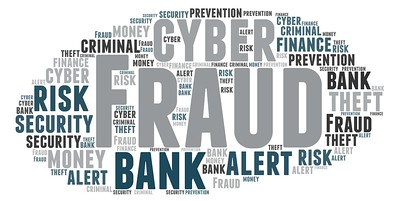In every real estate transaction emails are sent between the buyer and their real estate broker, lender, escrow and title companies. Unfortunately these emails have created an opportunity for wire fraud scammers causing some real estate buyers to lose hundreds of thousands of dollars.
Here’s how it works . . . scammers hack into the email account of the buyer, buyer’s real estate broker, lender, title or escrow officer. The scammer, who now has access to the email addresses of all parties involved in the transaction, creates a new email account almost identical to the lender, broker, escrow company, etc. It could be just one letter off, but unless you look very carefully the email could look official and carry the proper company logo and signature block. The scammer sends an email to the buyer, using the newly created fraudulent account, providing instructions to wire funds for the closing on an upcoming home purchase. The email looks authentic, and the buyer is expecting to receive instructions for wiring their funds, so there is little reason to doubt the authenticity of the email. The buyers contact their bank to arrange for the wire but can discover too late they may have responded to a fake email address and funds have been wired to an unidentified recipient’s account. The funds are often quickly routed two or three more times, making the path of the funds impossible to trace or retrieve.
Real estate buyers and sellers have become targets for wire fraud. Sadly this is a national and global problem and the Seattle area has not escaped this scam. Local authorities and the FBI have been involved in these investigations, but the success rate for locating the scammer or retrieving funds is low. Some escrow/title companies have gone “old school”, requesting clients deliver cashier’s checks to the office in person. Wire instructions are still used but instructions are now snail mailed to the buyer to eliminate the email piracy of their contact information. Buyers should always call their broker, lender, title or escrow before wire transferring funds to confirm the amount, account information and instructions. A buyer or seller can also designate that no wire transfers are permitted in the transaction, only a cashier’s check.
Unfortunately the real estate industry is one of those that has become a target for scammers. Sending funds via a wire transfer is quick and easy, and while physically obtaining and delivering a cashier’s check to escrow may be inconvenient, that extra few minutes of time can nearly guarantee another buyer won’t be out thousands and thousands of dollars when they should be celebrating the purchase of their new home.

 Facebook
Facebook
 Twitter
Twitter
 Pinterest
Pinterest
 Copy Link
Copy Link


